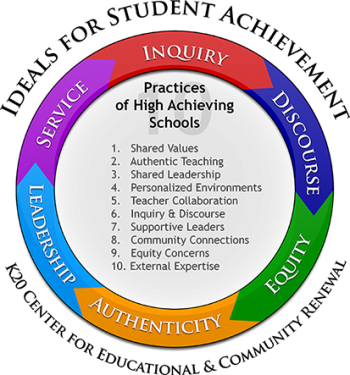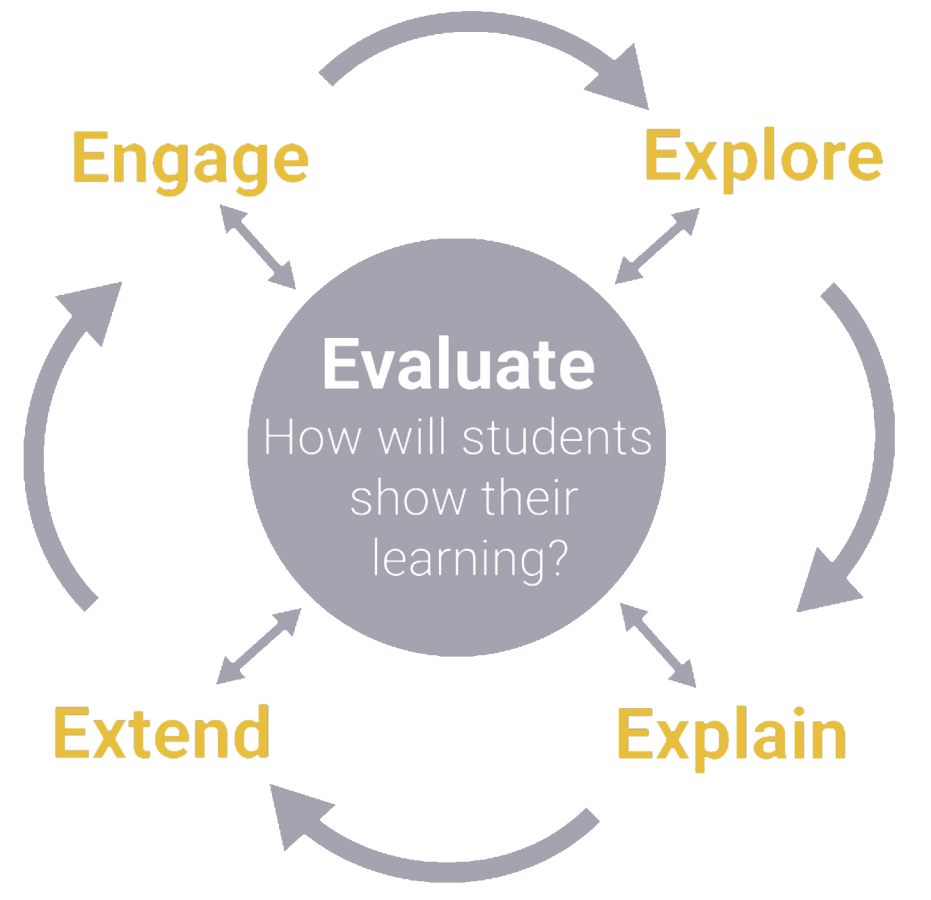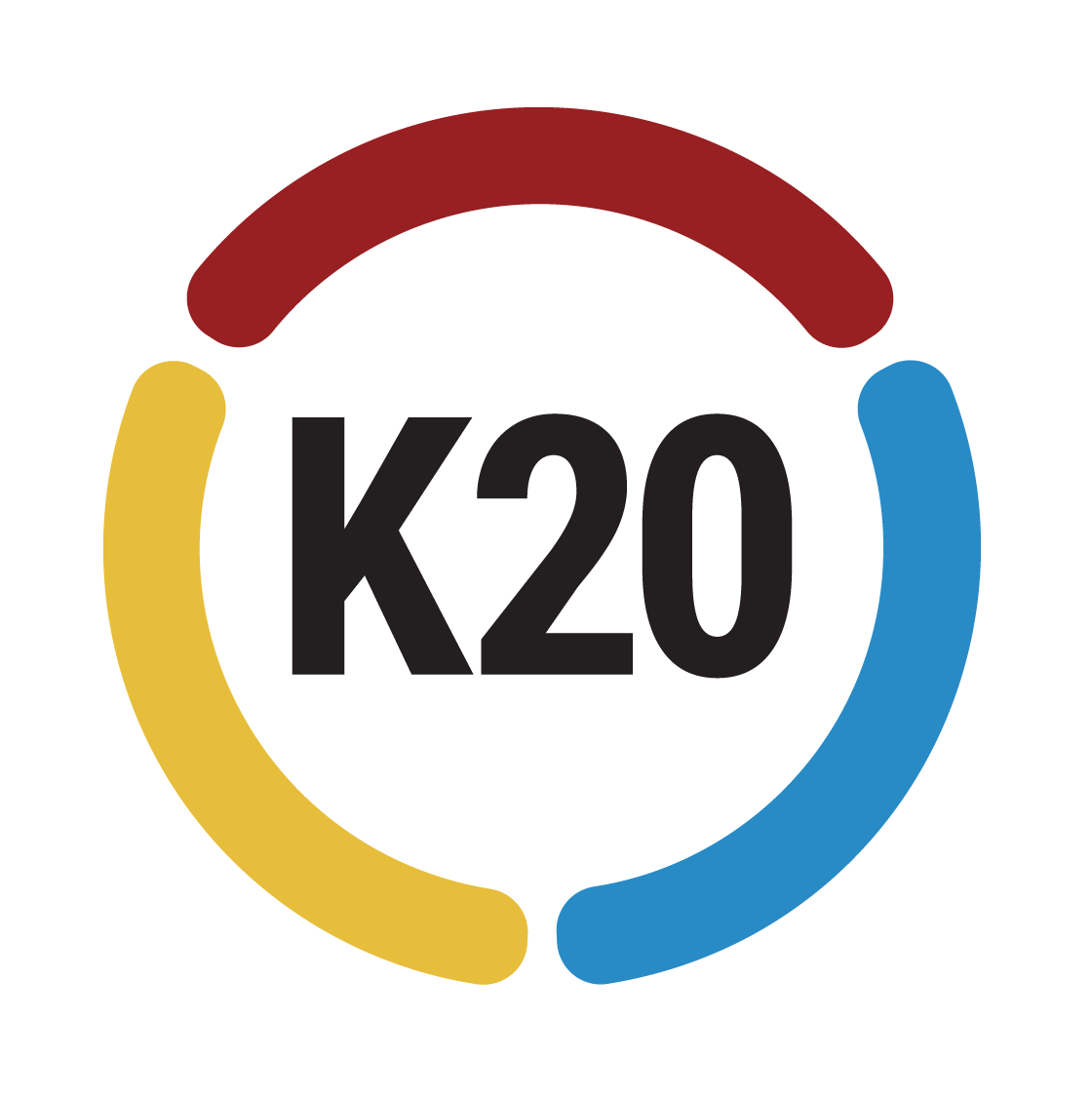Approach
Approach
The.IDEALS
Inquiry
Discourse
Equity
Authenticity
Leadership
Service
The K20 Center uses a structured and multi-tiered approach to accomplish its vision and mission goals. The IDEALS Framework targets and defines six distinct areas of student achievement that represent K20’s core values:

The.IDEALS
Inquiry
Discourse
Equity
Authenticity
Leadership
Service
The K20 Center uses a structured and multi-tiered approach to accomplish its vision and mission goals. The IDEALS Framework targets and defines six distinct areas of student achievement that represent K20’s core values:

The IDEALS are fortified by 10 Research-Based Practices linked directly to student achievement. These practices are:
- Shared Vision
- Authentic Teaching
- Shared Leadership
- Personalized Environments
- Teacher Collaboration
- Inquiry & Discourse
- Supportive Leaders
- Community Concerns
- Equity Concerns
- External Expetise
The Five-Phase Model: The IDEALS are implemented using a five-phase model that supports whole-school transformation by addressing learning at every level, starting with school leadership. The five phases are:
Phase 1: Leaders Learning
Phase 2: Whole-School Learning
Phase 3: Teachers Learning
Phase 5: Student Learning
Phase 6: University Learning

The IDEALS are fortified by 10 Research-Based Practices linked directly to student achievement. These practices are:
- Shared Vision
- Authentic Teaching
- Shared Leadership
- Personalized Environments
- Teacher Collaboration
- Inquiry & Discourse
- Supportive Leaders
- Community Concerns
- Equity Concerns
- External Expetise
The Five-Phase Model: The IDEALS are implemented using a five-phase model that supports whole-school transformation by addressing learning at every level, starting with school leadership. The five phases are:
Phase 1: Leaders Learning
Phase 2: Whole-School Learning
Phase 3: Teachers Learning
Phase 5: Student Learning
Phase 6: University Learning


The K20 Center supports students and teachers in accomplishing these goals by developing exemplary lessons and professional development. In doing so, we have adopted a 5E Instructional Model (Engage, Explore, Explain, Extend, and Evaluate) as a way to deliver more authentic instruction. Authenticity is a conceptual framework for meaningful, learner-centered lessons as individuals build on what they already know to create deep knowledge.

The K20 Center supports students and teachers in accomplishing these goals by developing exemplary lessons and professional development. In doing so, we have adopted a 5E Instructional Model (Engage, Explore, Explain, Extend, and Evaluate) as a way to deliver more authentic instruction. Authenticity is a conceptual framework for meaningful, learner-centered lessons as individuals build on what they already know to create deep knowledge.




